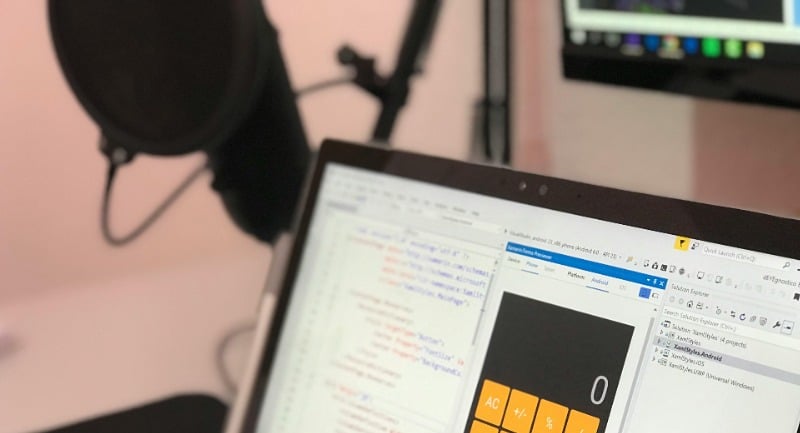The industry has come out swinging against a recommendation issued by the Productivity Commission to relax laws to make way for data mining to train artificial intelligence models.
In the interim Harnessing data and digital technology report, the Productivity Commission has argued that there are requirements in the Privacy Act that constrain innovation without providing meaningful protection to individuals. It recommends easing restrictions, claiming that “a mature data sharing regime could add up to $10 billion to Australia’s annual economic output.”
Earlier this week, former industry minister Ed Husic backed the creation of a dedicated Artificial Intelligence Act that would toughen laws. It’s a call supported by unions who say that protections from job losses to AI need to be on the agenda.
ARIA CEO Annabelle Herd argued that the proposals do not currently align with global standards.
“The existing legal framework already provides clarity, enabling licensing negotiations and balanced agreements that fairly reward creators and give them control over exploitation of their works.,” Herd said.
She continued: “Australian songs, stories, art, research and creative works are among our nation’s greatest treasures: they deserve respect, not exploitation.”
In a statement issued by News Corp’s Michael Miller, he criticised the need to change the existing laws: “The harm is real with Australia being asked to trade away our cultural, social and economic sovereignty despite no genuine evidence that Australia’s copyright laws are stifling innovation or investment.
“Australia’s copyright laws are enforceable and fit-for-purpose to protect intellectual property in the age of AI.
“No other industry gets the right to steal other people’s products for their own benefit and nor should big tech.”
In the statement, he countered the demand for access to data by ‘Big tech’: “If big tech wants free and open access to other people’s intellectual property are they prepared to give us free and open access to theirs?
“Surely the greatest boon for start up tech innovators would be to have access to big tech’s algorithms? I look forward to them making that concession.”
Herd was less bullish in her suggestion for next steps, suggesting instead that the Productivity Commission issues guidance about working within the current laws.
“Instead of rushing to open the gates for AI companies to unrestricted and free access to the valuable intellectual property of artists and creators, the Productivity Commission should work to optimise existing licensing frameworks that can deliver promised AI productivity gains without gutting Australian copyright,” Herd said.
Claire Pullen the chief executive of The Australian Writers’ Guild commented: “why should we change our laws to make things easier for foreign big tech, instead of making things better for Australian workers, people who actually produce things in Australia?”
“The Productivity Commission has conceded that large AI models have already been trained on copyrighted materials owned by Australians. It should be recommending tech companies follow Australian law and stop stealing from creative workers, who are responsible for an industry that contributes over $60 billion to our economy.”
APRA Chair Jenny Morris issued a statement, in which she said: “The Commission may couch this as policy exploration, but their direction is clear. They’re laying the groundwork to legitimise what they themselves acknowledge is already widespread theft. We’ve witnessed the wholesale ingestion of Australian works by AI companies in the US, where over 30 court cases are currently underway challenging this practice.”
